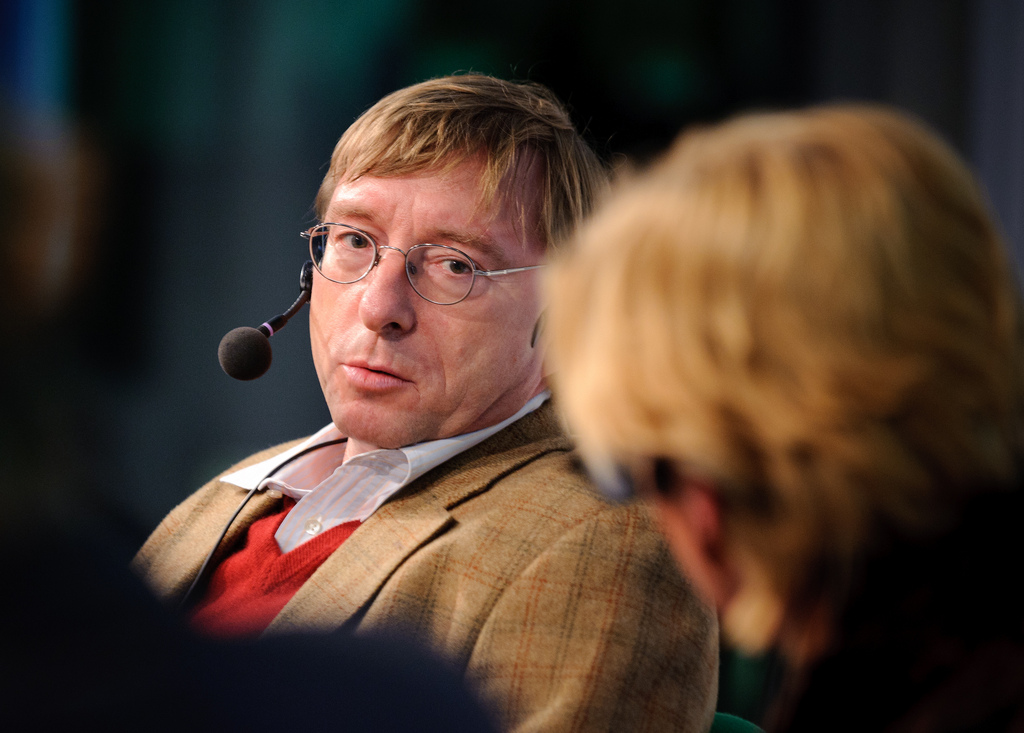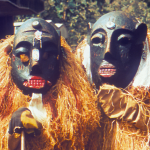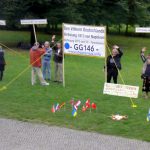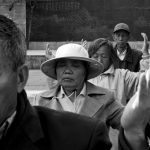On the 14th of October 2014, the Malmö Association of Foreign Affairs, in cooperation with the Swedish Committee for Afghanistan (SCA), hosted a lecture held by Thomas Ruttig. Mr Ruttig is the co-director and co-founder of the Afghan Analysts Network, an independent non-profit policy research and analysis organisation, who has a degree in Afghanistics from Humboldt University in Berlin and has a long history of working in Afghanistan. Throughout his career, he has worked in the fields of diplomacy, journalism, development, and analytics. In this interview, Mr Ruttig talks about his career and gives insights on how to get started in the field.
Q: What got you interested in Afghanistics in the first place?
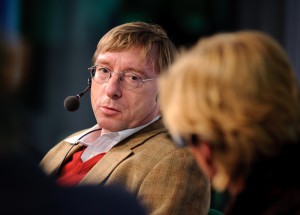 A: I am from East Germany and in those days, it was a little bit difficult to go to other countries. Someone mentioned to me that you could get a degree in Asian, African or Middle Eastern Studies. When I came to my interview at the university in Berlin, I wanted to do something completely different. Indonesia was what I was interested in, but they said that they did not have that course any more, but that they’d have something new. They told me that this new course was about Afghanistan and that I might even be able to go to Afghanistan for a while during the course, to which I replied that they could count me in. I didn’t know much about Afghanistan, to be frank. Just a little bit from what I had read.
A: I am from East Germany and in those days, it was a little bit difficult to go to other countries. Someone mentioned to me that you could get a degree in Asian, African or Middle Eastern Studies. When I came to my interview at the university in Berlin, I wanted to do something completely different. Indonesia was what I was interested in, but they said that they did not have that course any more, but that they’d have something new. They told me that this new course was about Afghanistan and that I might even be able to go to Afghanistan for a while during the course, to which I replied that they could count me in. I didn’t know much about Afghanistan, to be frank. Just a little bit from what I had read.
Q: Was it because the Soviet Union had just invaded Afghanistan?
A: Yes, it was linked to that. That course did not exist before.
Q: How would you describe your career prior to 9/11? How did you get started in the field?
A: I was in Afghanistan for the first time in 1983. I was a student at Kabul University for half a year, living in the dormitory there, amongst the Afghan students. Later, in ’89, I worked two years at the East German embassy in Kabul and I was able to establish some contacts because I was able to speak the local languages. I started on the East German side and ended up in unified Germany. I’m probably the only one who got to work in both of the German embassies in Kabul.
When the Taliban took over and the “factional war” between the Taliban and the Northern Alliance of the Former Mujahidin did not end, the UN decided to start a mission and try to get the warring parties around one table in order to end the armed conflict and start rebuilding the country afterwards. I was part of that political mission, during which I had to liaise with the Taliban. Being able to speak Pashto made it easier for me and them to relate to each other.
On the 11th of September 2001, we were in Geneva for some Track Two talks between Afghan factions and a couple of western governments. We were in a meeting when someone came in and told us what was happening. That was the end of these Track Two talks.
Q: How did your career change after 9/11?
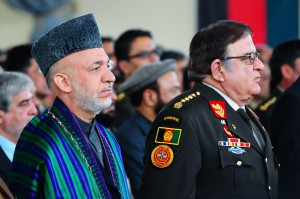 A: My career did not change that much. What shifted was the international attention paid to Afghanistan, which for us had been a very low-key mission before what obviously became a very big issue afterwards, so the UN mission grew and grew. I was part of that and was allowed to continue my work there. I was involved in organising both of the loya jirgas, which took place in 2002 and 2003. In those days, there was still a lot of optimism and we all thought that we could, along with the Afghans, pull Afghanistan together and make it a peaceful country, a thing that most of the Afghans aspire to.
A: My career did not change that much. What shifted was the international attention paid to Afghanistan, which for us had been a very low-key mission before what obviously became a very big issue afterwards, so the UN mission grew and grew. I was part of that and was allowed to continue my work there. I was involved in organising both of the loya jirgas, which took place in 2002 and 2003. In those days, there was still a lot of optimism and we all thought that we could, along with the Afghans, pull Afghanistan together and make it a peaceful country, a thing that most of the Afghans aspire to.
Q: What advice would you give people who want to start in your line of work?
A: I don’t know whether I have a lot of advice because careers in that field are often linked to political events, which you cannot predict. I had the chance to be there twice when something completely new started: First, when the Wall in Germany came down, I could work for the UN, which would not have been possible in East Germany. Secondly, when 9/11 happened, this big opening created something like a white sheet of paper on which you could draw a new plan for Afghanistan.
I have worked in so many different capacities. I was a diplomat, I was a journalist, I have worked for development NGOs, I was a freelancer, now I’m an analyst. The best thing is to develop different insights and strengths and qualities in yourself and learn languages very well. My big advantage was that I spoke Pashto. There are not too many non-Afghans who speak Pashto, so I would immediately stumble into the next job if I wanted to.
Have an open mind, be interested and be ready to work under conditions, which sometimes aren’t what you would be used to at home. That was the case in many places and on many occasions when I was in Afghanistan, but I’m still alive and well.
By Michael Schätzlein
Image credit:
Picture 1: Heinrich-Böll-Stiftung, licensed under CC BY-SA 2.0
Picture 2: ResoluteSupportMedia, licensed under CC BY 2.0
